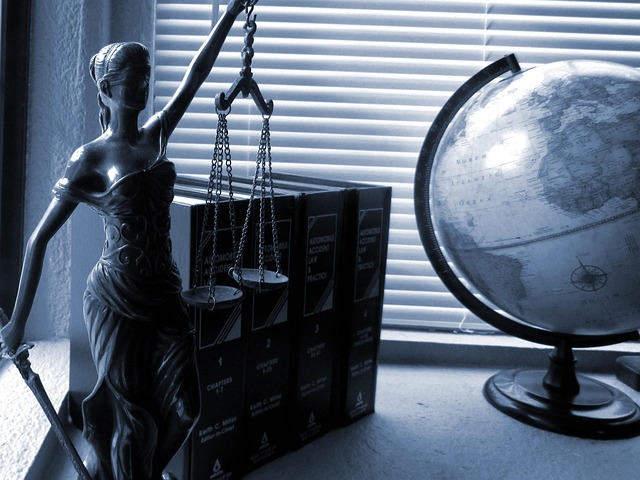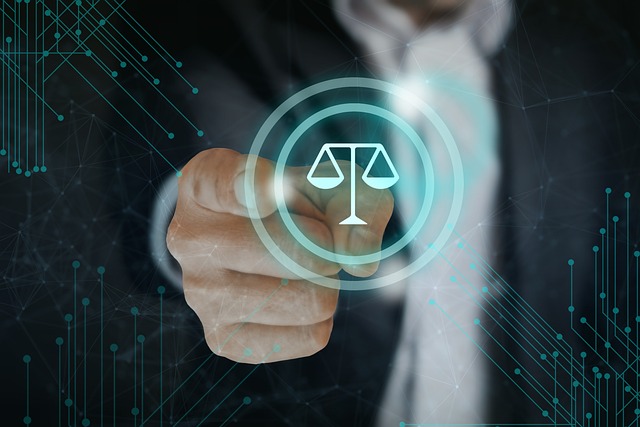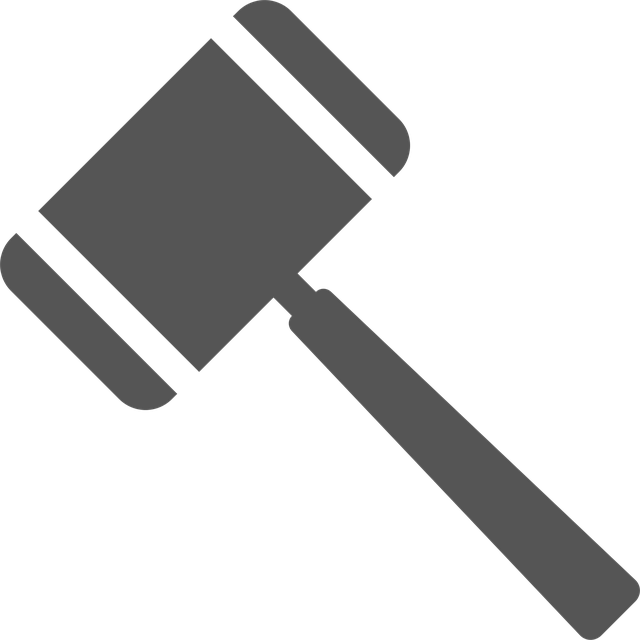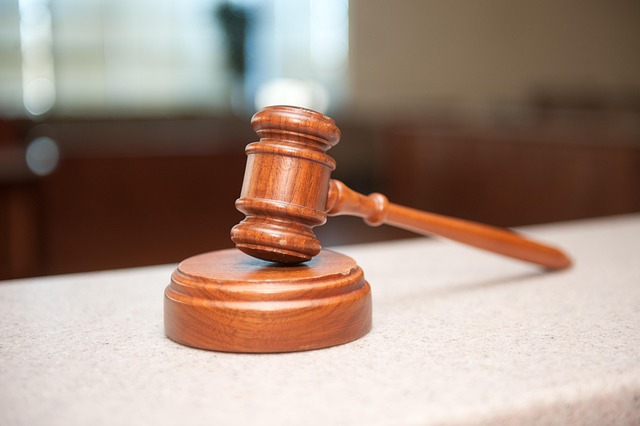In corporate crime investigations, understanding jury biases is key to successful defense strategies. Juries bring diverse perspectives, influenced by media, public opinion, and personal experiences, affecting evidence perception in complex white-collar cases. Legal teams must employ strategic fact-finding, effective communication, and proactive recognition of these influences to mitigate biases, ensuring a balanced trial process and just outcomes.
Corporate crime investigations play a pivotal role in upholding justice within organizations. This article delves into the intricate aspects of these inquiries, focusing on key considerations that shape their outcome. We explore the critical role of investigation in corporate crime cases, scrutinize biases within the jury selection process to understand jury biases in criminal cases, and analyze media’s impact on public perception during trials. Additionally, ethical evidence gathering strategies and methods to mitigate juror prejudice are discussed for a comprehensive understanding.
- The Role of Investigation in Corporate Crime Cases
- Uncovering Biases: Jury Selection Process Scrutinized
- Impact of Media on Public Perception During Trials
- Ethical Considerations in Gathering Evidence
- Strategies to Mitigate Juror Prejudice at Trial
The Role of Investigation in Corporate Crime Cases

In corporate crime investigations, detailed and thorough inquiries play a pivotal role in unraveling complex financial misdeeds and white-collar offenses. The process involves meticulous documentation, evidence collection, and analysis to ensure justice is served. Detectives and legal professionals must navigate through vast datasets, including financial records, emails, and digital archives, to uncover the truth behind economic crimes. Understanding the nuances of these cases is essential, as they often involve sophisticated schemes and high-stakes transactions.
Jurors’ biases, a critical aspect that’s easy to overlook, can significantly impact outcomes in corporate crime trials. Recognizing potential prejudices related to wealth disparity, industry influence, or complexity of financial matters is crucial for ensuring fair judgments. By addressing these biases proactively, the legal system can maintain integrity and deliver just verdicts, especially in high-profile white-collar cases where victims may be perceived as less deserving than in other criminal trials.
Uncovering Biases: Jury Selection Process Scrutinized

In corporate crime investigations, understanding jury biases is a crucial aspect of achieving extraordinary results in white-collar and economic crimes cases. The jury selection process, often taken for granted, can reveal hidden prejudices that significantly impact trial outcomes. By scrutinizing this process, legal professionals can uncover potential biases that may influence jurors’ decisions, ensuring fair and impartial judgments.
This involves a thorough examination of the methods used to select juries, including challenge processes and juror questionnaires. Identifying biases isn’t just about race or gender; it delves into economic status, education levels, and prior experiences that could shape perspectives. Such insights enable lawyers to strategize effectively during trials, addressing biases head-on through careful case presentation and argumentation, ultimately enhancing the integrity of jury trials.
Impact of Media on Public Perception During Trials

The media plays a significant role in shaping public perception during corporate crime investigations and subsequent trials. With 24/7 news cycles and the ever-present digital landscape, every detail of a case can be swiftly disseminated, often with varying levels of accuracy. This can lead to a phenomenon known as “media bias,” where select narratives and sensationalized stories sway the general public’s opinion long before a verdict is reached. Understanding these biases is crucial for both prosecutors and defense attorneys in crafting strategies that ensure a fair trial, especially in complex white collar defense cases.
Media coverage can often oversimplify intricate legal matters, focusing on dramatic elements while underplaying nuances. This can significantly impact jurors’ decisions, as they may be influenced by the loudest headlines rather than the actual evidence presented in court. For instance, high-profile corporate scandals captured by the media can create a prejudice against companies and individuals involved, making it challenging for defense teams to mount a successful winning challenging defense verdicts strategy. Therefore, attorneys must navigate this landscape, ensuring their clients receive a fair trial, free from the undue influence of biased media narratives in criminal cases.
Ethical Considerations in Gathering Evidence

In corporate crime investigations, understanding jury biases in criminal cases is paramount. Juries, composed of individuals from diverse backgrounds, bring their unique perspectives and preconceptions to the table. These biases can significantly impact the perception of evidence, especially in complex white-collar defense cases where the respective business practices are often intricate and nuanced. For his clients, navigating these potential biases requires a strategic approach that includes thorough fact-finding and effective communication of mitigating factors.
Investigators must be mindful of the role that media coverage, public opinion, and personal experiences can play in shaping jury views. By recognizing and addressing these biases proactively, legal teams can ensure a more balanced presentation of evidence. This involves meticulous documentation, preservation of relevant data, and adherence to legal protocols designed to safeguard against any unwarranted influence on the trial process.
Strategies to Mitigate Juror Prejudice at Trial

Incorporate understanding jury biases in criminal cases is paramount for successful corporate crime investigations and subsequent trials. Juries, while intended to be impartial, can unconsciously harbor biases that influence their decisions. These biases stem from a variety of factors including media coverage, cultural influences, and prior experiences. For instance, negative portrayals of certain industries or individuals in the media can create preconceived notions among jurors, leading to a general criminal defense strategy that addresses these stereotypes directly. One effective approach is to raise questions about the reliability of evidence and testimonies, challenging the prosecution’s narrative to prevent a complete dismissal of all charges based on biased assumptions.
Furthermore, attorneys can employ strategies during jury selection to mitigate potential biases. This includes questioning jurors about their views on corporate responsibility and their ability to set aside personal prejudices. By doing so, defense teams can ensure a more balanced perspective within the jury pool. Additionally, presenting a diverse range of witnesses and evidence that counteracts stereotypes can help in dispelling biased perceptions. Ultimately, these measures aim to facilitate fair jury trials, ensuring that justice is served without undue influence from societal biases.
Corporate crime investigations require a multifaceted approach, especially when addressing understanding jury biases in criminal cases. By scrutinizing the jury selection process, managing media influence on public perception, and adhering to ethical evidence gathering practices, legal professionals can mitigate potential biases that may impact trials. Implementing strategies to reduce juror prejudice ensures fairness and strengthens the integrity of the justice system in corporate crime cases.






